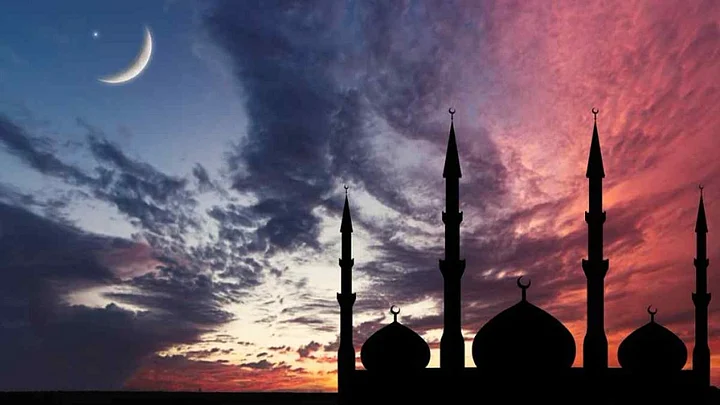On 6 July, a three-judge bench of the Supreme Court (SC) headed by CJI Dipak Misra resumed hearing of the much-disputed ‘Ram Janmabhoomi – Babri Masjid’ case. For the last few days, there has been a hotly contested debate over whether or not a larger bench should hear this case.
The Supreme Court has passed a ruling on this before, in the 1994 Ismail Farooqui case, where a five-judge bench held that praying at mosques was not an essential Islamic practice as prayers can be offered at other places – which is why several Muslim parties to the current case want a larger bench to hear it.
But do their objections to the Farooqui judgment have any merit? Is praying at a mosque really not integral to the practice of Islam?
The Ismail Farooqui Case
In the Ismail Farooqui case, the SC used ‘comparative significance’ between Ram Mandir and Babri Masjid and concluded that Ram Mandir was more significant to Hindus as a holy site (for pilgrimage) because of the ancient belief that Lord Ram was born there. The exercise that the SC undertook was the analysis of the place and its importance to a particular faith. In various other cases, the SC has held that to the question of the necessity of a practice to a religion, the value accorded in the practices of the faith needs to be looked into.
Interpreting Sharia in the Ismail Farooqui case, the SC held that the mosque was like any other immovable property and it is bound to be returned to the original owner if acquired by coercion.
Also, the SC has not applied its own observation of analysing the practise against the background of religion, i.e. the importance a mosque holds in the light of Islam.
The basic assumption of the court while negating the importance of a mosque, that it is only a place to offer namaz and they can be offered anywhere, needs to be analysed in a historical and cultural context. Various Islamic scholars like Dr Spahic Omer and Robert Hilenbrand have observed that a mosque is at the centre of Muslim life not only for the purpose of worship, but also for the purpose of social interaction and communal gathering which are crucial to strengthen bonds in society.
Significance of the Mosque to Muslim Life
Also, a reductionist approach should not be adopted while defining the mosque as a place of worship, but in a socio-cultural context in order to do complete justice to this as an institution, integral to the community life of Muslims.
According to Le Corbusier, every architectural representation is pervaded by an ideology, which through its physical expression, connects with its users and greatly influences their feelings. So it is clear that there exists an intimate relationship between people and the architecture inherent to their culture. Therefore, the mosque is a material manifestation of Islam.
Prophet Muhammad always encouraged the building of mosque and one of his famous quotes is, “He who built a mosque for Allah, Allah would build a house for him in Paradise”. (Hadith no. 1085, Book 4).
Thus, one can conclude that the mosque as a socio-cultural and religious institution is integral to the practice of Islam.
Undoubtedly, it comes under the ambit of property law but it also intersects the constitutional principles of freedom of religion and the Indian dream of an inclusive, secular society. Hence, the SC should adopt a constitutional perspective to adjudicate this matter in order to secure the rights envisioned by the framers of our constitution.
This case presents an opportunity to the SC to uphold freedom of religion and revisit the Ismail Farooqui case by applying a broader perspective rather than a reductionist approach in addressing the issue.
(The authors are students of National Law School of India University, Bangalore. This is an opinion piece. The views expressed above are the authors’ own. The Quint neither endorses nor is responsible for them.)
(At The Quint, we question everything. Play an active role in shaping our journalism by becoming a member today.)
